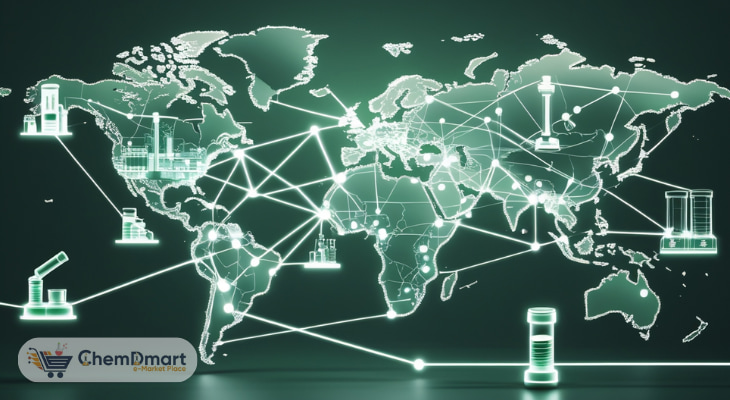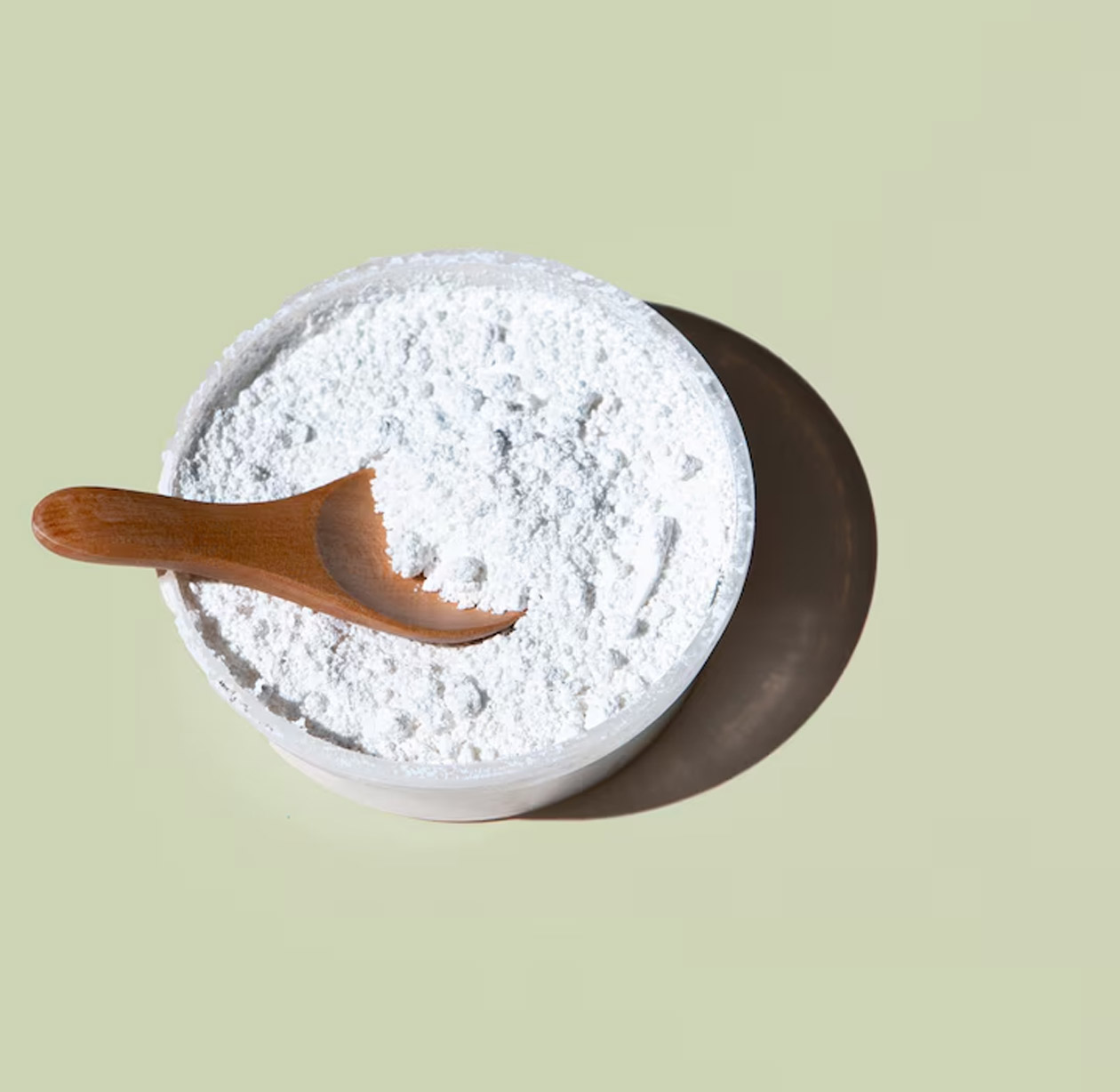
-
-
1
- Notifications
-
New Enquiry Uploaded
1 New Enquiry Uploaded From Huzhou Haipu Chemical Ltd06 Feb 2026, 07:36 AM
- View All Notifications
-
-
Hello,
Menu

Relying on one supplier sounds simple, one bill, one person to talk to, no extra hassle. Although the trade-off is, just one discrepancy and your supply chain is messed up and you are stuck.
If they fail an inspection, delay a shipment, or get banned, your whole production just stops. No raw materials, no products, nothing.
That’s why more pharma companies now use multiple suppliers. It’s not to make things harder, it’s to stay safe. Because no matter how good one supplier seems, stuff happens. And it’s way better to have backups ready than to panic later
Moving from one supplier to many isn’t about being paranoid — it’s about being prepared. In pharma, relying on a single supplier for pharma ingredients and raw materials can turn small disruptions into big problems. Multi-sourcing gives you a safety net and flexibility that single-sourcing simply can’t.
Here’s what you really gain when you diversify your supplier base:
If one supplier messes up — like fails an audit, delays a shipment, or runs out of stuff — no worries. You’ve got another one ready to go.
That means no panic, no last-minute supplier hunt, and no factory sitting idle. Things keep moving, money stays safe, and your production doesn’t fall apart just because one partner slipped up.
Greatest benefit of having multiple suppliers is the mitigation of risk. You are not fixed to a particular pricing structure. This also keeps the price transparent and fair because of healthy competition between the suppliers.
Comparison of rates, lead times and quality of the service becomes easy and helps you further in negotiation. All this will help you get better contracts, reduce your procurement spend without affecting the quality.
Shortages happen, raw material scarcity, logistics bottlenecks, geopolitical issues, or natural disasters. When you have more than one supplier ready, you can respond fast.
Multi-sourcing allows quick switching or partial allocation of volumes, minimizing production delays and ensuring your customers aren’t kept waiting.
Regulatory audits are stressful — especially when you depend on a single supplier whose compliance might lapse overnight. By maintaining multiple verified suppliers, you’re always audit-ready.
If one supplier’s GMP or COA expires, you can shift to another without risking a failed inspection or delayed approval. Platforms like ChemDmart make this even easier by showing supplier credentials, certificates, and regulatory history in one place.
Multi-sourcing builds resilience into your operations. It gives you options, leverage, and peace of mind. Instead of chaos, you gain clarity, knowing that if one link breaks, your supply chain keeps running smoothly.
With the right tools and verified data, multi-sourcing turns complexity into strength.
Switching from a single supplier to a multi-sourcing model can sound complicated — but it doesn’t have to be. Think of it as upgrading from one safety net to several.
The goal isn’t to replace everyone overnight — it’s to build stability, step by step, without breaking your existing workflow.
Here’s how to make the shift smoothly:
Don’t try to onboard five new suppliers at once. That’s a recipe for confusion. Begin with one or two verified backup suppliers for your most critical APIs or key raw materials, the ones that would cause the biggest problems if delayed.
Test their responsiveness, pricing, and documentation quality. Once you’re confident, expand gradually across other product lines. This way, you stay in control while strengthening your sourcing network bit by bit.
Not all suppliers who say they’re “GMP-compliant” actually are. Always check GMP certificates, COAs, and approval dates directly from official authorities or verified databases. Avoid falling for shiny PDF logos or expired documents.
Make sure:
This one step alone can save you from major regulatory trouble later.
Don’t pick all your suppliers from one region — even if they’re all great. A local lockdown, political issue, or logistics delay can wipe out your entire supply line. Spread your supplier base across different regions or countries.
For example:
Geographical diversification keeps your supply chain running even when one region faces disruptions.
Managing multiple suppliers through email threads and spreadsheets gets messy fast. Instead, use a verified supplier platform like ChemDmart.
It helps you:
This turns supplier management from chaos into clarity — and keeps your documentation clean for any future audit.
Verification isn’t a one-time event. Even the best supplier can lose compliance overnight — a failed audit, expired GMP, or regulatory warning can hit anytime.
Set up a system to:
Continuous monitoring helps you catch issues before they cause disruptions — keeping your production stable and your audits smooth.
Multi-sourcing isn’t about overcomplicating your supply chain — it’s about making it stronger. By spreading your risk, verifying your partners, and keeping backups ready, you make sure that no single supplier can hold your production hostage.
In today’s pharma world, flexibility is the real competitive edge. When you’ve got multiple verified suppliers lined up, you stay in control — even when the market isn’t.
The key is simple:
Do that, and your sourcing stops being a gamble and starts being a strategy.
Don’t waste weeks verifying and comparing suppliers manually.
Use ChemDmart — a verified pharma supplier network where you can:
Build a supply chain that reliable and efficient with ChemDmart, your sourcing stays smart, fast, and audit-proof.
